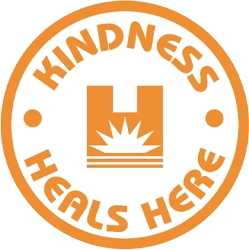Some common diagnoses include autism spectrum disorder (ASD), Fetal Alcohol Spectrum Disorder (FASD), and learning disabilities like dyslexia and dyspraxia. Each condition presents unique strengths and challenges, shaping individuals’ experiences and perspectives differently.
It’s important to recognize that neurodiversity is not limited to clinical diagnoses. Everyone’s brain is unique. Therefore, neurodiversity extends beyond traditional categories and includes a broad spectrum of cognitive differences.
Supporting a neurodivergent individual involves creating a nurturing environment that acknowledges and accommodates their unique strengths, challenges, and needs.
The efforts we champion are just as far-reaching. By supporting individuals on their journey, we not only help them find their purpose but also help restore connections with their families and communities. When individuals are given the right tools, guidance, and support, they can reintegrate into society in a meaningful way, breaking cycles of isolation, misunderstanding, and struggle.
Ultimately, when we invest whole heartedly , we create stronger, more inclusive communities where everyone has the chance to thrive. The impact of this work reaches far beyond just the individuals we help—it lifts entire communities and strengthens the social fabric that binds us all together.

